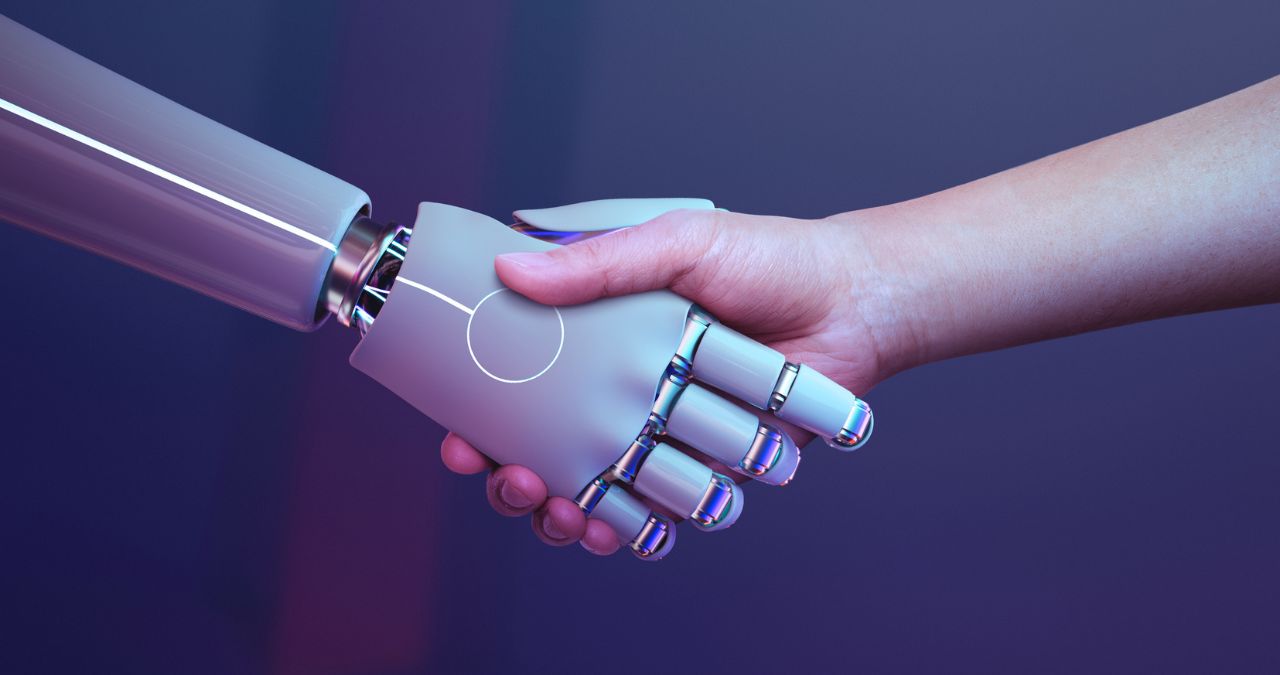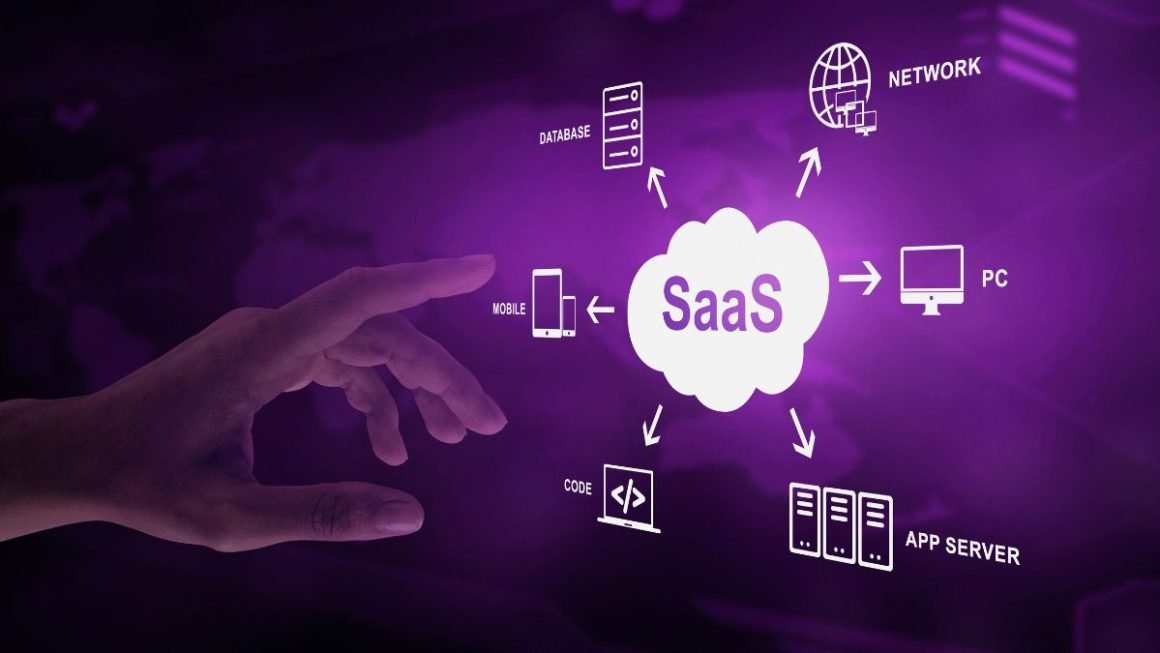Artificial intelligence in the company is a fundamental tool for maintaining and improving competitiveness. From virtual assistants to process automation, we see some interesting SME options.
For several years, bringing AI into the company has been one of the big trends in the world of technology.
In 2022, a Observatory recorded a record year for the AI sector, with 500 million euros invested by companies and a growth rate of 32% compared to the previous year. Thanks to planetary phenomena such as ChatGPT, which have shown the potential of Artificial Intelligence to the general public, but also to a level of digital maturity that is growing very much in the SME segment.
One article can only address some of the possible applications of artificial intelligence in the enterprise. The subject is so vast that it would require an encyclopedia. However, we want to answer some precise questions: how can SMEs effectively adopt Artificial Intelligence? And how does it help them to be more productive and efficient?
Artificial Intelligence in Business and productivity software
The company may not know this, but it already uses AI in its processes. More and more organizations are adopting SaaS (Software-as-a-service) platforms for their work activities.
An example is the Microsoft 365 suite, which forms the operational infrastructure of millions of companies. For several years, Microsoft has been using the potential of AI and machine learning to make suite applications smarter and to enhance the productivity of those who use them. Think about these features:
- the search for information in the various applications of the platform;
- email classification;
- automatic insight detection in Excel sheets;
- suggestions for creating calendar events;
- Word’s automatic corrections.
All the features mentioned, and many others, assume an ability to interpret the context that only AI techniques can provide. The same goes for Microsoft Viva, or rather the platform dedicated to the employee experience, whose analytic suggestions for productivity and the contents shown to users are personalized by Artificial Intelligence according to how the platform is used.
Remaining in this area, the first manifestations of Microsoft’s investment in OpenAI, which developed ChatGPT, are already emerging. The latest release of Bing uses the power of ChatGPT, and the first manifestations in Teams Premium are starting to appear, such as the intelligent summary function of meetings. The theme constantly evolves, and new releases and updates are developed daily. Trending, it could interact at 360 degrees with the platform in natural language, perhaps with the voice and going beyond the concept of voice command, which is limited to activating specific features. Tomorrow, the venue will be able to compose emails by modulating the tone of voice according to the interlocutor, performing complex calculations, and applying Machine Learning models on Excel data when faced with requests in natural language.
The same approach is also adopted by other players in the productivity platform market, starting with Google with its Workspace. More generally, it is part of all the latest-generation applications:
-
- An advanced ERP (Enterprise Resource Planner) uses AI techniques to make forecasts even in the long term ;
- A CRM (Customer Relationship Manager) can suggest to the seller the best move to build customer loyalty;
- A Contact Center system detects the interlocutor’s sentiment and automatically directs the call to the most suitable operator;
- A production management system (MES) optimizes the production cycle to reduce setup times.
The Power of Conversational AI at the Service of SMEs
In addition to using preconfigured AI software, another exciting strategy is the adoption of chatbots as business productivity assistants.
Typically, chatbots are associated with a specific use case or customer relationship. Especially in the latter case, the impact on operational efficiency, the cost of customer care, and customer satisfaction can be fascinating.
In reality, chatbots can be extended to many other areas of operation, becoming an exciting option for many small and medium-sized businesses wishing to exploit the potential of artificial intelligence in the company with a good return on investment and short implementation times. Here are some potential areas:
-
- Self-booking and booking of resources in a hybrid work environment;
- Automatic execution of HR processes such as leave requests;
- Automated IT Service Desk ticket management ;
- Acceleration of back office processes such as expense report management;
- Creation of personal (virtual) assistants for organizing meetings, events, and travel.
This can be tailored to your business processes, areas that require greater efficiency, your business sector, and your specific business needs.
Towards Intelligent Process Automation
Another option, generally adopted by medium-large and enterprise companies, is using artificial intelligence in the company (non-conversational) to automate complex procedures. Robotic process automation (RPA), which automates repetitive process areas (production, logistics, financial, administrative, IT…), has become common. The current trend is Intelligent Process Automation, where Artificial Intelligence provides the system with decision-making capability. The sphere of choice, in this case, is the administrative one, where manual procedures are still widespread.
Also Read : Technology And Business: How To Leverage Digital To Boost Profits




